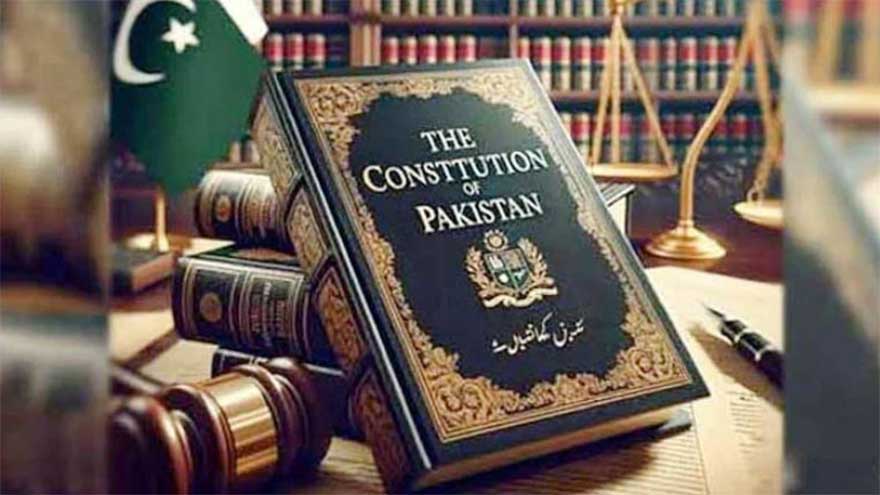The government has decided to propose further changes to the 27th Constitutional Amendment Bill, marking a new phase in Pakistan’s ongoing legislative process. According to parliamentary sources, the updated draft will include additional proposals from both the government and the opposition, which are expected to be presented in the National Assembly later today.
Once the National Assembly approves these revisions, the bill incorporating all the additional changes will be sent back to the Senate for further consideration. A Senate session has been urgently rescheduled for 5:00 pm today, drawing significant political and public attention. The move has already stirred debate in judicial and political circles, while small-scale protests have emerged across different cities, highlighting the growing scrutiny surrounding the 27th Constitutional Amendment Bill.
The National Assembly currently has 326 sitting members, with 10 seats vacant. To pass a constitutional amendment, the ruling coalition requires at least 224 votes a two-thirds majority. At present, the government enjoys the support of 237 members, ensuring a comfortable margin for approval. The Pakistan Muslim League-Nawaz (PML-N) leads the coalition with 125 members, followed by key allies including the Muttahida Qaumi Movement (MQM) with 22 seats, Pakistan Muslim League-Quaid (PML-Q) with 5, Istehkam-e-Pakistan Party with 4, Pakistan Muslim League-Zia with 1, and the Balochistan Awami Party (BAP) with 1. Additionally, four independent members are also backing the government.
MQM leader Syed Mustafa Kamal confirmed that his party’s recommendations related to local governments were not incorporated in the current bill but would be included in the upcoming 28th Amendment Bill. Meanwhile, the National Party, another coalition partner, has announced its decision not to vote in favor of the amendment.
The Pakistan Peoples Party (PPP), holding 74 seats, continues to play a decisive role in the passage of the amendment. With the PPP’s support, the ruling alliance maintains both a simple majority and the required two-thirds strength in the lower house, ensuring the smooth passage of the constitutional changes.


